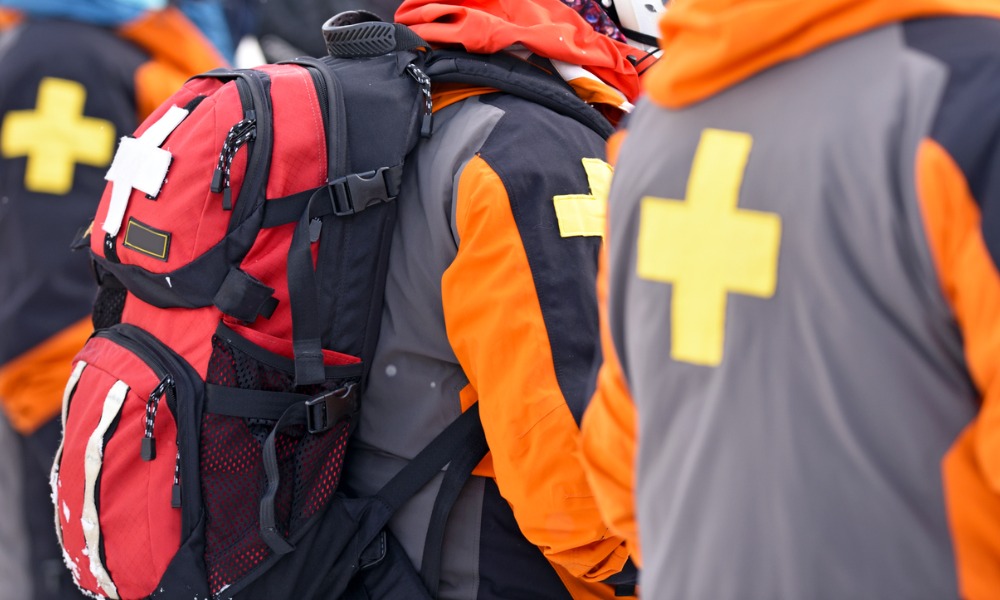
Workers can use personal and family counselling, financial advice, stress management and nutrition advice

Nova Scotia is providing some wellbeing support to volunteer firefighters and volunteer members of ground search and rescue teams.
In partnership with Telus Health, the provincial government is providing free mental health resources to these workers and their families through a new program.
The Nova Scotia Firefighter and Ground Search and Rescue Volunteer Assistance Program gives these first responders and their families access to a range of health and wellness services. These services include personal and family counselling, financial advice, stress management and nutrition advice and more.
“Volunteer first responders play such an important role in communities across Nova Scotia where, in many cases, they are the first to respond in an emergency,” said Brian Comer, minister of addictions and mental health. “This new program is a way to support our volunteer firefighters and ground search and rescue teams – to help the helpers who do so much for us.”
The program includes counselling from mental health clinicians, available 24 hours a day, seven days a week in person, by phone or online.
There are about 6,000 volunteer firefighters and 1,200 ground search and rescue volunteers in Nova Scotia, according to the provincial government.
The service is part of a two-year pilot program with Telus Health that will help the government better understand the mental health needs of volunteer firefighters and ground search and rescue volunteers.
Nova Scotia is investing $75,000 over two years for the program, announced in November 2023.
On top of the program, volunteer first responders can also access PSPNET, a free online service that provides mental health and well-being support to public safety personnel experiencing challenges related to anxiety, depression and post-traumatic stress.
In October 2023, the Nova Scotia legislature tabled a bill that would allow gradual onset stress to be considered an injury eligible for compensation.
“Over the last few years, Nova Scotians have called on our volunteer firefighters and ground search and rescue volunteers like never before,” said Comer in November 2023, according to a CTV News report. “They are there for us on our worst days. This new program is one way we can be there for them when they need us.”
According to mental health organization Mind.org in the U.K., being in the search and rescue service might mean workers are involved with traumatic incidents in their role.
“Hearing stories from the people you work or volunteer with can also feel traumatic, even if you weren’t there yourself,” it said “If you’re a call handler, you may have taken a higher number of distressing calls during the pandemic.”
Here are some things that can help support these workers, according to the organization:
A psychologically safe workplace can significantly reduce attrition in an organisation, according to a previous report.